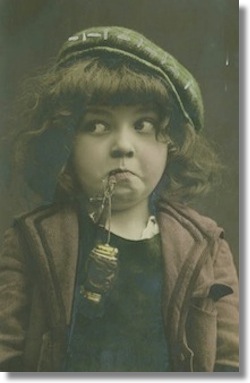
Because We’re Asked...
Advocates for Children in Therapy is frequently asked what therapy and/or therapists we recommend. Unfortunately, that is not our mission.
But because we feel some responsibility to provide a bit of guidance, we offer the below information about evidence-based treatment and parenting methods which we hope can be helpful.
Evidence-Based Practices:
Parent-Child Interaction Therapy (PCIT)
Attachment and Biobehavioral Catch-up Intervention
Incredible Years
Tips on Improving Your Chances of Choosing a Therapist Who Uses Evidence-Based Practices:
- The therapist would best be on the staff of a university or hospital-sponsored clinic rather than in private practice.
- The therapist should be able to describe what reflective supervision they get.
- The therapist should present an detailed informed consent document.
- The therapist should be a family therapist, or if the therapist is treating the child alone, he should guide the parent(s) to get at least supportive counseling.
- The therapist should be licensed and have no history of professional disciplinary actions.
- If the child is below school age, the therapist should have had university-based training in infant/preschool mental health issues.
Reading:
- "Looking for a Child or Family Psychotherapist? Here's a Great Place to Start” by Jean Mercer, PhD, ChildMyths, 26 Aug 2017.
- “Evidence-Based Treatment: What is it?” by Jean Mercer, PhD, ChildMyths, 2 May 2016.
- "Looking for a Child or Family Psychotherapist? Here's a Great Place to Start” by Jean Mercer, PhD, ChildMyths, 26 Aug 2017.
- “What Does Evidence-based Therapy for Children Look Like?” by Jean Mercer, PhD, ChildMyths, 2 Jun 2016.
- “The Effectiveness of an Attachment-Based Intervention in Promoting Foster Mothers’ Sensitivity Toward Foster Infants,” Bick J, Dozier, M; Infant Mental Health J, Mar/Apr 2013, 34(2):95-103.Infant Mental Health Journal. Mar/Apr2013, Vol. 34 Issue 2, p95-103. [Abstract]
- "Clinical interventions for children with attachment problems," by Tonya Cornell and Vanya Hamrin, Journal of Child and Adolescent Psychiatric Nursing, 2008 Feb 1; 21(1):35-47. [Abstract]
- "Prevention and intervention for the challenging behaviors of toddlers and preschoolers,” D Powell, G Dunlap & L Fox, Infants and Young Children, 2006; 19(1):25-35.
- “Parent-child interaction therapy: new directions in research,” A Herschell, et al, Cognitive and Behavioral Practice, 2002; 9:9-16.
- “Parent management training,” L Schoenfield & SM Eyberg, in GP Koocher, JC Norcross & SS Hill, eds., Psychologist’s Desk Reference, 2nd ed., Oxford University Press, 2005. [about Kazdin’s model]
- “Effective psychosocial treatments for children and adolescents with disruptive behavior disorders: 29 years, 82 studies, and 5272 kids,” EV Brestan & SM Eyberg, Journal of Clinical Child Psychology, 1998; 27:179-188.
- “Parent-child interaction therapy for oppositional children,” M Brinkmeyer & SM Eyberg, in AE Kazdin & JR Weisz, eds., Evidence-Based Psychotherapies for Children and Adolescents, Guilford (pp. 204-223).
- “Parent-child interaction therapy: A guide for clinicians,” R Foote, E Schuhmann, M Jones & SM Eyberg, Clinical Child Psychology and Psychiatry, 1998; 3:361-373.
- “Treatment acceptability of behavioral interventions for children: an assessment by mothers of children with disruptive behavior disorders,” ML Jones, SM Eyberg, CD Adams & SR Boggs, Children & Family Behavior Therapy, 1998; 20:15-26.
Viewing:
This essay by Jean Mercer – “What Do Evidence-Based Psychotherapies for Children Look Like?” – discusses several excellent YouTube short films demonstrating empirically supported therapy, with adult and child actors presenting common difficult behavioral problems. These films were made by developmental psychopathology graduate students with the supervision of professor Cynthia Hartung of the University of Wyoming.
What Good Therapy Looks Like
Graduate students at the University of Wyoming’s Psychology Department, under the tutelage of Professor Cynthia Hartung, have created a great resource for the public: several short YouTube films about evidence-based mental health therapies and parenting methods for a variety of mental health conditions. Evidence-based mental health practices have been researched to establish safety and benefit.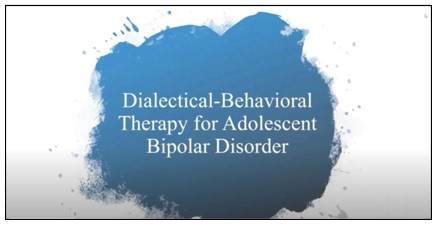
Dialectical-Behavioral Therapy for Adolescent Bipolar Disorder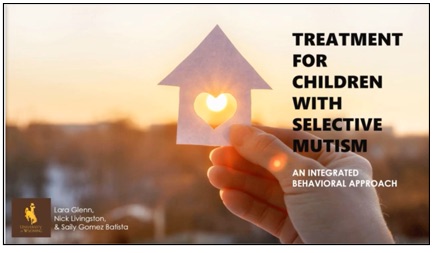
Treatment for Children with Selective Mutism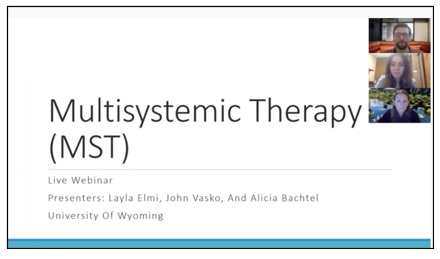
Multi systemic Therapy (MST) for At-Risk Youth and Juveniles 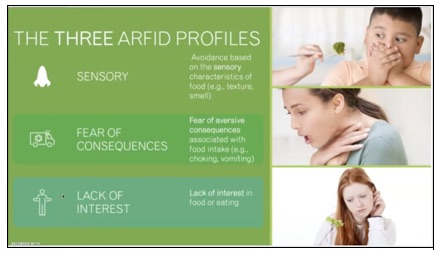
Cognitive Behavioral Therapy for Avoidant/Restrictive Food Intake Disorder (ARFID)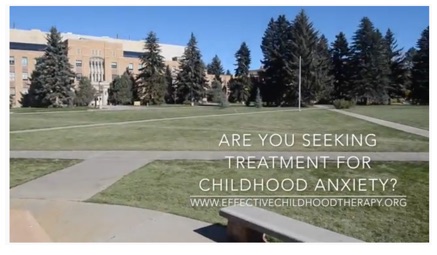
Modular CBT for Childhood Anxiety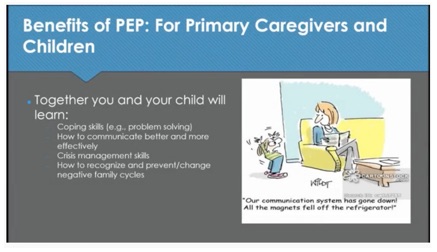
Childhood Bipolar Spectrum Disorder: Multifamily Psychoeducational Psychotherapy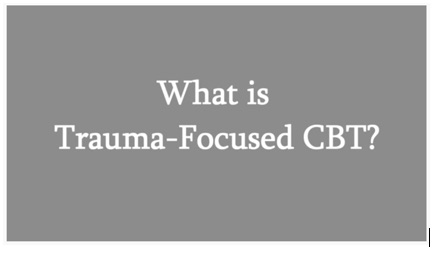
What is Trauma-Focused CBT for Children and Adolescents?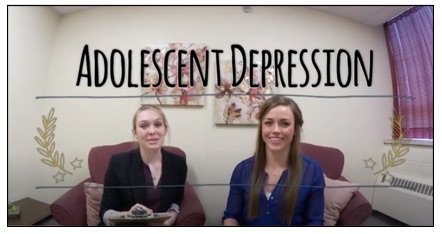
CBT for Adolescent Depression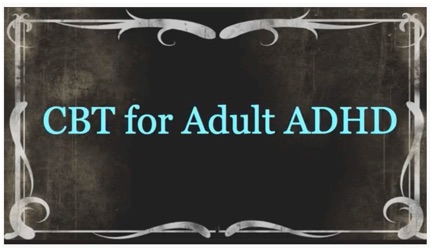
CBT for Adult ADHD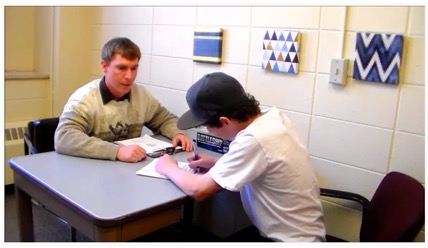
Coping Cat to Treat Anxiety in Children and Adolescents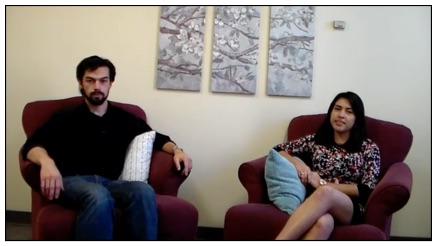
Parent Management Training for ODD, ADHD, and Conduct Disorder


